Some Fundamental Topics

The Role of Women in the Church
It’s worth mentioning how the role of the woman in Church is conceived. The Bible verifies in multiple passages that even since antiquity, women played a role in government and also, later on, women performed very distinct tasks in the Church.
In fact, in the Old Testament women were appointed as judges over the people of Israel and as prophetesses. Deborah and Huldah are cases that the Scripture contains—in Judges 4 or 2 Kings 22, respectively:
4. Now Deborah, a prophetess, the wife of Lapidoth, was judging Israel at that time. 5. And she would sit under the palm tree of Deborah between Ramah and Bethel in the mountains of Ephraim. And the children of Israel came up to her for judgment.
14. So Hilkiah the priest, Ahikam, Achbo,Shaphan, and Asaiah went to Hudalh the prophetess, the wife of Shallum the son of Tikvah, the son of Harhas, keeper of the wardrobe. (She dwelt in Jerusalem in the second Quarter.) And they spoke with her.
In the Gospel it is clear that the Lord our God does not take this matter lightly and does not care about a person’s social condition, social class or the person’s gender. He only looks at their hearts when deciding who is going to serve Him by performing these kinds of duties. This is why Galatians 3 so states:
26 For you are all sons of God through faith in Christ Jesus.27 For as many of you as were baptized into Christ have put on Christ. 28 There is neither Jew nor Greek, there is neither slave nor free, there is neither male nor female; for you are all one in Christ Jesus.
In addition, Paul the apostle made a specific request in Romans chapter 16 regarding sister Phoebe, who worked as deaconess in the church in Cenchrea, which allows us to see that she had many spiritual gifts and duties within the Church.
1 I commend to you Phoebe our sister, who is a servant of the church in Cenchrea, 2 that you may receive her in the Lord in a manner worthy of the saints, and assist her in whatever business she has need of you; for indeed she has been a helper of many and of myself also.
But he also pointed out that there were other women in the Gospel, when in subsequent verses he mentioned Priscilla or Mary:
3 Greet Priscilla and Aquila, my fellow workers in Christ Jesus,
6 Greet Mary, who labored much for us.
12 Greet Tryphena and Tryphosa, who have labored in the Lord. Greet the beloved Persis, who labored much in the Lord.
15 Greet Philologus and Julia, Nereus and his sister, and Olympas, and all the saints who are with them.
If all of these women—Tryphena, Tryphosa, Persis, Julia or Nereus’ sister—wouldn’t have been servants of God who laid hands, gave prophecy, taught the doctrine, worked healings, among many other duties, then Paul the apostle wouldn’t have mentioned them in his letter.
Introduction
The Existence of the Father, the Son and the Holy Spirit
The Bible as the Written Word of God
The Existence and Value of the Ministry; Called and Appointed by God
The Role of Women in the Church
A Universal Church for All
Baptism in Water
Baptism with the Holy Spirit
Spiritual Gifts and Laying on of Hands
The Gift of Prophecy
Change of Life
Resurrection, not Reincarnation
The Blessing of Eternal Life